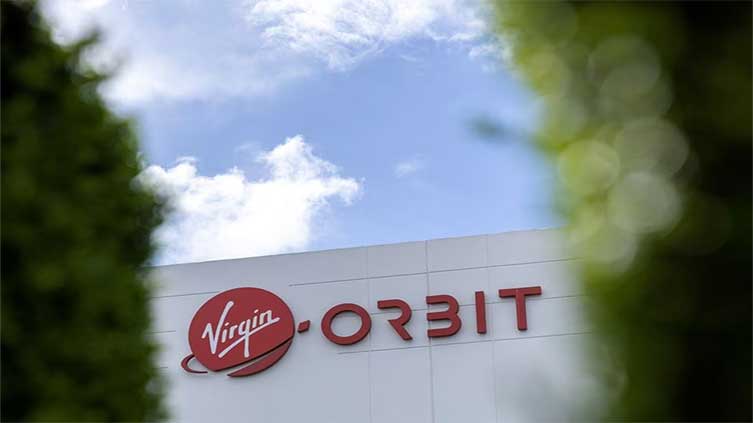Virgin Orbit files for bankruptcy after launch failure squeezed finances

Business
After laying off around 85% staff, Virgin Orbits files for bankruptcy
WASHINGTON (Reuters) - Virgin Orbit Holdings Inc founded by billionaire Richard Branson, filed for Chapter 11 bankruptcy protection on Tuesday after the satellite launching business struggled to secure long-term funding following a failed launch in January.
The filing comes less than two years after Virgin Orbit went public at a valuation of roughly $3 billion. But the January mishap left the company scrambling for new funding and forced it to halt operations.
"We believe that the Chapter 11 process represents the best path forward to identify and finalize an efficient and value-maximizing sale," Virgin Orbit Chief Executive Dan Hart said in a statement.
The company, which was spun off from space tourism firm Virgin Galactic in 2017, sends satellites into orbit using rockets launched from a modified Boeing 747 plane.
The Long Beach, California-based company lodged the filing seeking a sale of its assets in a Delaware court days after announcing the laying off of roughly 85% of its 750 employees.
Virgin Orbit listed assets of about $243 million and total debt at $153.5 million as of Sept. 30. The company went public in December 2021 through a blank-check merger, raising $255 million less than expected.
The company was valued at $65 million at the close of trading on Monday. On Tuesday, its shares shed 23% to close at a mere 15 cents each.
The company's sixth mission in January using its centerpiece LauncherOne rocket, the first rocket launch out of Britain, failed to reach orbit, sending its payload of commercial and defence-related research satellites plunging into the ocean.
The mishap involving the UK's Cornwall Spaceport forced the company to halt operations and furlough nearly all of its employees in March to conserve cash.
Tony Gingiss, who until Monday was Virgin Orbit's chief operating officer, apologized in an email to employees, saying company leadership should have had more time to keep the company running.
"I'm sorry we didn't act sooner and avoid surprising you," he wrote. "I'm sorry that I was not able to convince our leader and board to take a different path to give us more time to figure things out."
Virgin Orbit was set up to launch small rockets and offer short-notice launches from anywhere, including for tactical military purposes, addressing a need highlighted by the conflict in Ukraine.
But demand for larger launch rockets and more cost-effective shared payload launches into space on SpaceX's Falcon 9 rocket over the past two years raised the competitive stakes.
Venture investments in space startups have dropped 50% year-over-year in 2022 to $21.9 billion, according to VC firm Space Capital, as the cost of capital has increased with global interest rate hikes.
"The changing capital markets and higher interest rate environment made obtaining new capital difficult," Hart said in a court declaration. The company also is experiencing "heavy pricing pressure from well-capitalized competitors in the commercial launch market," he said.
Two satellite makers that lost high-tech payloads in the failed January launch, Britain's Space Forge and Poland's SatRev, in which Virgin Orbit owns 4%, said they had backup plans for alternative launch vehicles as needed.
Branson's Virgin Group, which owns roughly 75% of the launch company, said it had invested over $1 billion in the unit, including $60 million in secured loans since November.
Abu Dhabi's sovereign wealth fund Mubadala is the second-biggest investor with a 17.9% stake.
Virgin Investments, a unit of Virgin Group, will provide $31.6 million to Virgin Orbit while it looks for a buyer, the companies said. The company is retaining about 100 employees to allow operations to resume if it finds a rescuer, according to a regulatory filing.

